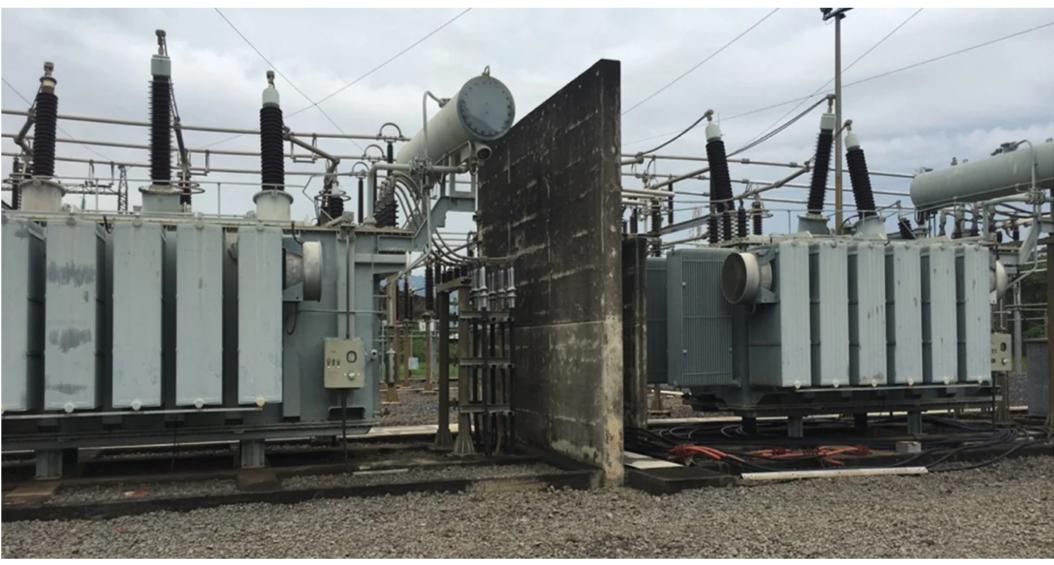A recent report from the African Association of Energy Journalists and Publishers (AJERAP) indicates that Sierra Leone is currently facing challenges in attracting energy investors, ranking below several other African nations in the competitive energy sector.
Titled African Energy Outlook: Second Half of 2024, the report identifies Nigeria, Gambia, Namibia, and Senegal as the leading destinations for energy investments in the latter part of this year. These countries have gained prominence due to their rich natural resources and the potential for significant returns, particularly in the oil and gas industries.
Nigeria continues to dominate the energy investment landscape with its vast reserves of over 37 billion barrels of crude oil and more than 206 trillion cubic feet of proven gas reserves. The country’s large population and the recent opening of 31 major oil blocks for bidding further solidify its position as a key investment hub.
Gambia is emerging as a promising oil and gas province, leveraging new technologies such as 3D seismic data to unlock its potential. Meanwhile, Namibia is gaining traction with significant offshore discoveries and substantial renewable energy resources, positioning itself as a key player in the green hydrogen market. Senegal’s Sangomar deep-water project, expected to produce 100,000 barrels of oil per day, is another highlight, further cementing its role as a major energy center.
In comparison, Sierra Leone remains on the sidelines, struggling to establish itself as a preferred destination for energy investments. The country’s energy sector is still in its early stages, with limited infrastructure and few opportunities for large-scale investments. Despite some advancements, such as the electrification of Borup through a clean energy project backed by Sustainable Energy for All’s (SEforALL) Universal Energy Facility, and a $480 million investment from the Millennium Challenge Corporation (MCC) for the Sierra Leone Energy Compact, the nation has yet to attract significant interest from global investors.
The report emphasizes that for Sierra Leone to compete with its neighbors and become a more attractive option for energy investments, substantial improvements are needed in its infrastructure and overall investment climate. As other African countries continue to capitalize on their resources and strategic advantages, Sierra Leone faces an uphill battle to secure its place among the continent’s top energy investment destinations.








